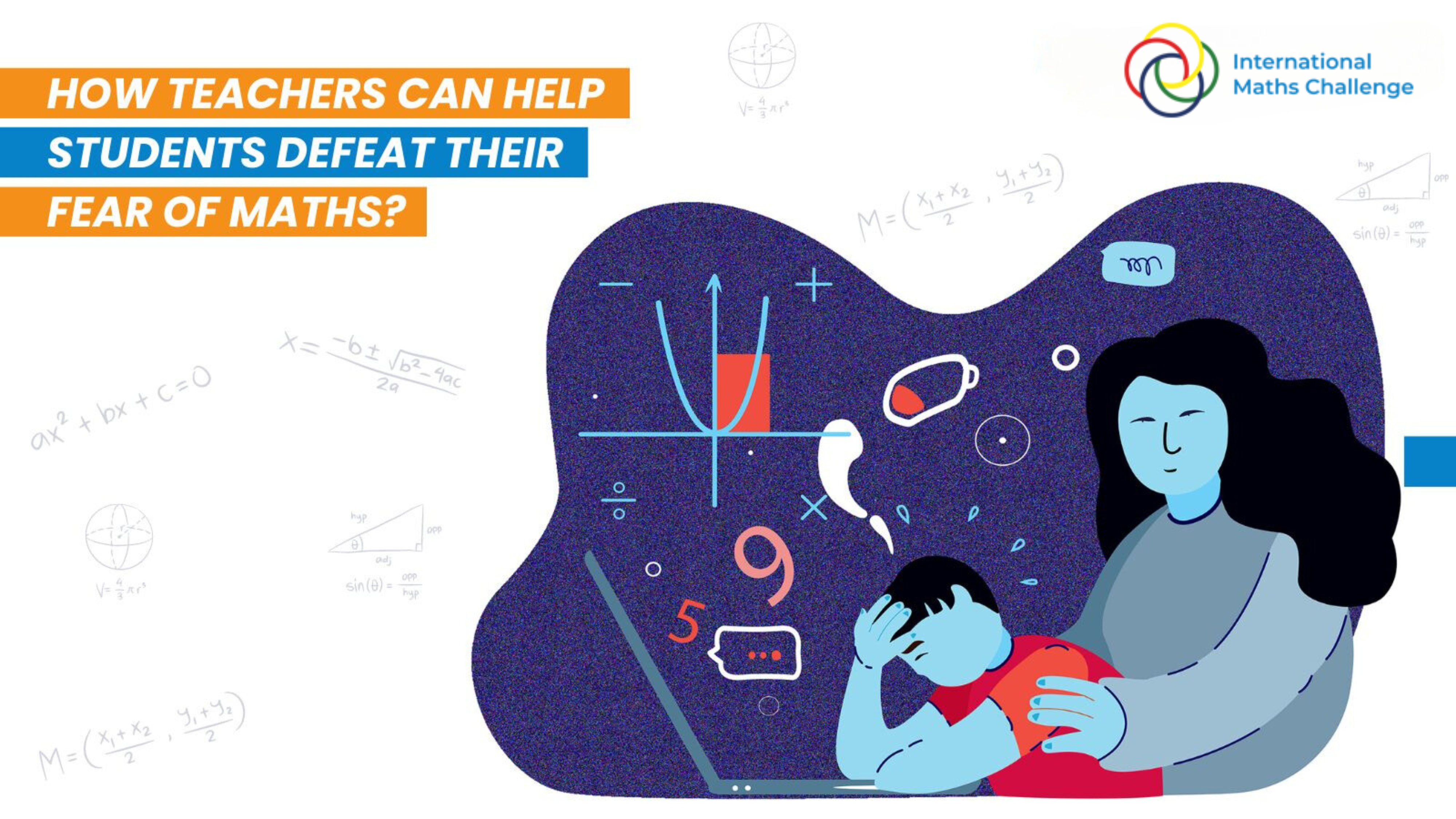Teachers experience many issues in the classroom: an extensive range of aptitudes, deficiency of support or materials, big classroom sizes, time limitations, and more. But possibly one of the strenuous barriers is the fear of mathematics in students. Maths-phobia can simply convert into students betraying anxiety, a lack of approach, and even confidence issues.
A study has found that maths anxiety is connected to inferior maths performance, and can make enlightening the subject a daily pain. So how can teachers guide students to combat their fear of maths? How can they implant excitement in a subject that so many students get frightened of?
Build Confidence
Unsurprisingly, confidence is key in students’ agitation toward the maths subject. Earlier adverse incidents with the subject can take it to a bad and fatalistic attitude. To defeat this, as a teacher you should offer students with daily confidence-building practices that look energizing and entitle all students to perform well in maths subjects and prepare for International Maths Olympiad Challenge. This enhancement in confidence and self-esteem can reduce anxiety and fear, as students feel more and more competent and inspired.
Nourish Students’ Basic Skills
Associated closely with building confidence is bracing students’ basic numerical competency. Providing students chances to practice and upgrade critical skills for quantitative flow is necessary: when students don’t have the fundamental skills at hand, their working capabilities are pushed, which can be both disturbing and discouraging. It would help if you got students to practice mental maths and basic maths skills daily, incorporating them into games, quizzes, maths fun tests, maths Olympiad preparation, and warm-up activities.
Use Step-By-Step Process
There is proof that even intellectual maths students can experience burden and be overwhelmed when there are too many details at once and insufficient time to practice. It’s a better idea to part the resources into small exercises so that the maths olympiad students are able to understand and be adept at one step before continuing to the next.
Develop a Growth Mindset
Studies and publications on ‘growth mindset’ – the trust that our abilities can be advanced– have lightened up the role of student endeavor and self-awareness and acquired a significant foundation in educational practice. Motivating maths students to take challenges and have a growth mindset is inspiring. By offering students maths sample papers that get tough, you can show them they can overcome any obstacle through concentration and regular practice.
Attitude of Teachers
Last but surely not least, a teacher’s approach toward teaching mathematics can greatly impact students’ lives. Just as we request teachers to display a love of reading when it is about literature, we must also uplift maths teachers to exhibit excitement toward maths teaching. Teachers are the main pillars in building a positive and exciting learning atmosphere, such as by introducing maths puzzles and games into simplifications and examples.
Conclusion
By showing excitement and appreciation for mathematics, teachers can also develop a healthy relationship with the students to make them comfortable learning maths. And if teachers aren’t entirely comfortable with students themselves, a better recommendation is to invest in personal development. Learning how to teach maths subjects and connect students in ways that develop understanding capabilities can assist in reducing maths anxiety in both students and teachers.


